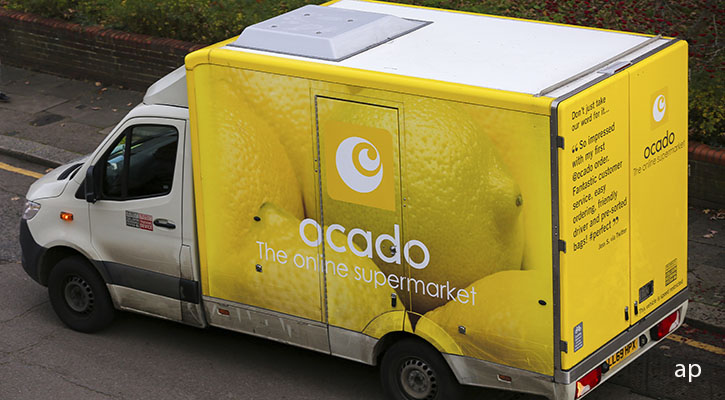
Reporting season has kicked off for real. Last week saw some of the biggest companies in the FTSE publish figures, plus, with the last month’s inflation figures finally coming in lower than expected, UK stocks have been climbing amid some positive updates. But banks are now in the spotlight for negative reasons, with the Farage/Coutts drama providing an unwelcome distraction to the reporting season.
In this avalanche of reports, we are just focusing on the UK stocks under Morningstar's coverage. This includes the majority of the FTSE 100. Throughout earnings season our analysts will be publishing their takes on the results and (possibly) adjusting their fair value estimates. Investors are particularly interested to see how these companies have navigated the latest months of high inflation and interest rates – and we expect there to still be some surprises.
So far this earnings season, we have seen companies like BT (BT.A), Centrica (CNA) and Barclays (BARC) report increased profits, while Shell’s (SHEL) revenue fell (but a share buyback programme has been announced).
NatWest (NWG) lost its chief executive three days before publishing its report, which is unfortunate timing – if you’re in need of a quick refresher, our article on Friday covers most of the bases. NatWest needed an exceptional earnings report to calm the chatter – but it couldn’t come up with it. Investors are now focused on the “net interest margin”, and that was lower than expected.
Still, loan defaults remain low, despite the scary headlines about a housing crash in recent months as mortgage rates soared. UK banks generally are in a tricky spot, exposed to the stresses in the housing market but benefiting from higher interest rates. On this last point, the FCA is now on the case about banks’ failure to pass on these higher rates to savings customers.
Last week alone, we saw results from 17 companies that Morningstar covers. The next two weeks will be slightly calmer as 11 rated stocks are set to release their earnings figures. The biggest days in the calendar are today, Tuesday August 1, and this coming Thursday, August 3.
Four of the biggest 10 constituents of the FTSE 100 are set to report over the next days too: HSBC (HSBA), BP (BP.), Diageo (DGE) and Glencore (GLEN).
One of most anticipated reports, however, is that from Rolls Royce (RR.) this Thursday. The company may have spoiled the surprise, but investors won’t mind. As we mentioned in one of last week’s earnings roundups, shares surged 20%, after it said that its financial results for the first half of the year are expected to be materially above consensus expectations. The company is currently up 107% in 2023.
The London-based jet engine manufacturer expects higher profits and cash flow, reflecting “continued end-market growth” and a focus on commercial optimisation and cost efficiencies across the company.
All the companies featured in our list are dividend payers too, and you can expect to see most of them featured in our top moaty FTSE dividend payer list. Only three of these stocks (BP, Glencore and Persimmon (PSN)), do not have an economic moat, Morningstar’s rating for determining a competitive advantage. That said, BP today announced a dividend increase of 19% year-on-year by increasing dividend to 7.27 US cents. While the oil major did see a drop in earnings, it, like Shell, is launching a share buyback scheme.
Inflationary Impact on Earnings
Inflation has been another of the key issues of this reporting season; so consumer goods giant Unilever (ULVR) reported a rise in profits and guided for higher sales growth in the full year. Much has been made of companies’ ability to pass on higher input costs to customers, especially those with premium brands like Unilever. Again, what’s good for investors may be bad for consumers – but here some food and drink categories are “discretionary” – if you think it’s too expensive you don’t buy it or find a cheaper alternative (unless you need an ice cream in a heatwave, in which case the economic theory goes out of the window).
In some categories, the company has managed to put up prices and maintain sales volumes; but not in ice cream, where shoppers have been trading down. Unilever said that price rises are already fading – but we may to have to wait until the next earnings season to see how that has fed through into prices. Morningstar analyst Ioannis Pontikis expects this “normalisation” of prices to occur in the second half of 2023 and first half of 2024.
Reckitt Benckiser (RKT), maker of Dettol, Nurofen and Durex, said it was now reluctant to pass on price rises to consumers because of the cost-of-living crisis. The company, like Unilever, had seen weaker sales volumes in some areas after price rises already in place.




























